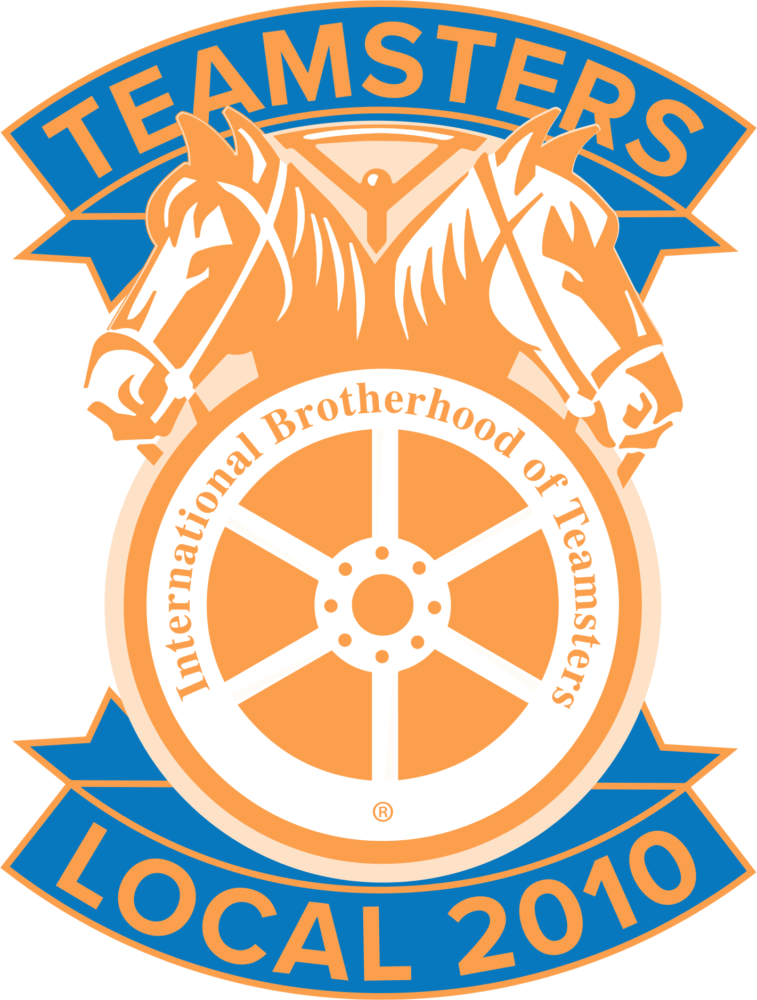ARTICLE 31. Reasonable Accommodation
A. General.
The University will provide reasonable accommodation to qualified employees who are disabled, or become disabled and need assistance to perform the essential functions of their jobs. This section shall not be construed as a guarantee of a specific form of accommodation nor shall accommodation in one case establish a precedent for similar or dissimilar circumstances, since all accommodations will be designed specific to the functional abilities of the employee in coordination with the requirements of the job. The interactive process shall be used to determine what, if any, reasonable accommodations will be made.
B. Reasonable Accommodation.
Consistent with applicable law, the University will provide reasonable accommodation to an otherwise qualified employee who has a disability or has become disabled and as a result needs assistance to perform the essential functions of the employee’s current position. The interactive process will be used to determine what, if any, reasonable accommodation will be made. An employee who becomes disabled shall be informed of available options for reasonable accommodation and the University’s disability accommodation procedures during the interactive process. The University need not provide a requested accommodation if doing so would pose an undue hardship. This determination is made on a case-by-case basis. An undue hardship is defined as any action requiring significant difficulty or expense.
C. The Interactive Process.
The interactive process will be initiated by the University when the employee formally or informally requests an accommodation or the University otherwise has reason to believe that the employee may need assistance in performing the essential functions of the employee’s current position due to a disability.
The interactive process is an ongoing dialogue between the employee with a disability and appropriate representatives of the University about possible options for reasonably accommodating the employee in the employee’s current position. Options may include, but are not limited to: a modified work schedule; a leave of absence; reassignment; modified equipment; assistive devices; modification of existing facilities; and restructuring the job. The University will coordinate the interactive process. Both the University and the employee are expected to participate in the interactive process in good faith.
During the interactive process, the University considers information related to: the essential functions of the job; functional limitations; possible accommodations; the reasonableness of possible accommodations; and implementation of a reasonable accommodation. The information will be used by the University to determine what, if any, reasonable accommodation will be made.
Upon request by the employee, an employee’s representative shall participate in the interactive process.
D. Medical Documentation.
The employee is responsible for providing medical documentation from the employee’s health care provider to assist in identifying the employee’s functional limitations. The information in this documentation may be subject to confirmation by the University. When necessary, the University may require that the employee be examined by a University appointed licensed healthcare provider. In such case, the University shall pay the costs of any medical examinations requested or required by the University.
E. Reassignment.
The University will pursue reassignment when:
(1) the interactive process has resulted in a determination that there is no reasonable accommodation that would enable the employee to perform the essential functions of the employee’s current position absent undue hardship;
(2) the employee may be able to perform the essential functions of another University position, with or without reasonable accommodation; and
(3) the employee is interested in reassignment. An alternate job search will be conducted to identify a suitable vacant or soon to be vacant position. An alternate position is suitable if the employee possesses the requisite qualifications for the position (e.g., required skills, knowledge, abilities, experience, education, license, certificates) and can perform the essential functions of the position with or without reasonable accommodation. Where reassignment is identified as a reasonable accommodation pursuant to this Article and University procedures, an employee who becomes disabled shall be reassigned to a vacant position without the requirement that the position be publicized.
